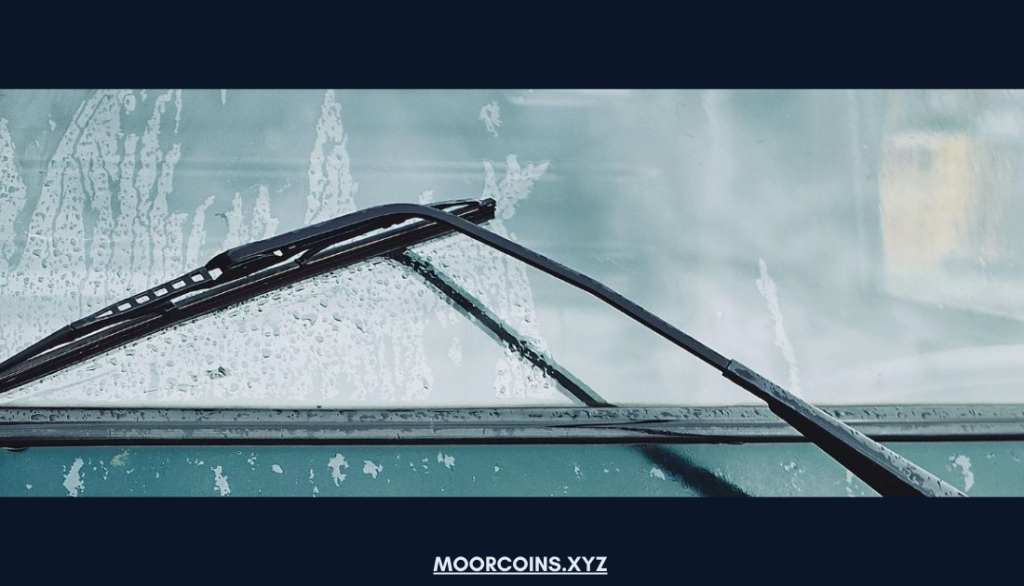Blog
Frequently Replaced Car Parts: Keep Your Car Running Smoothly
Maintaining a car involves more than just regular washes and filling up the fuel tank. Over time, various parts wear out and need replacement to ensure that the car remains in top-notch condition. While some car parts are designed to last for years, others require frequent replacements. Knowing which parts are commonly replaced can save you both time and money in the long run. Here’s a look at some of the most frequently replaced car parts and why they matter.
1. Engine Oil and Oil Filter
One of the simplest yet most critical maintenance tasks is changing the engine oil and its filter. Engine oil lubricates the moving parts of the engine, reducing friction and wear. However, over time, the oil gets dirty and loses its effectiveness. Changing the oil and oil filter regularly ensures that your engine runs smoothly and prevents excessive wear.
- Recommended Replacement: Every 5,000 to 7,500 miles, depending on your vehicle and driving conditions.
2. Air Filters
Air filters prevent dirt, dust, and debris from entering your engine, which helps maintain the vehicle’s fuel efficiency. When an air filter becomes clogged, it restricts airflow and can decrease engine performance. Replacing the air filter regularly can also improve the car’s acceleration and prevent larger engine problems.
- Recommended Replacement: Every 12,000 to 15,000 miles.
3. Brake Pads and Rotors
Brakes are vital for your safety on the road, so it’s no surprise that brake pads and rotors are among the most frequently replaced parts. Brake pads press against the rotors to slow the car down, which creates friction and heat. Over time, the brake pads wear out, reducing their effectiveness. Failing to replace worn brake pads can damage the rotors, leading to more costly repairs.
- Recommended Replacement: Every 30,000 to 70,000 miles, depending on driving habits.
4. Battery
A car battery typically lasts between three to five years, depending on usage and climate. Batteries supply power to start the engine and run electronic systems when the engine isn’t running. However, extreme temperatures, both hot and cold, can reduce the battery’s lifespan. A dead battery can leave you stranded, so replacing it on time is essential.
- Recommended Replacement: Every 3 to 5 years.
5. Windshield Wiper Blades
Windshield wipers may not seem crucial until you find yourself driving in a storm. Worn-out wipers can make it difficult to see the road, creating a hazard. Regular replacement of wiper blades ensures a clear view in rainy or snowy conditions, enhancing safety.
- Recommended Replacement: Every 6 to 12 months, depending on climate.

6. Spark Plugs
Spark plugs ignite the air-fuel mixture in the engine’s cylinders, powering your car. Over time, these plugs wear out and may start to misfire, leading to reduced fuel efficiency, rough idling, and even difficulty starting the engine. Replacing spark plugs when they become worn improves engine performance and fuel economy.
- Recommended Replacement: Every 30,000 to 100,000 miles, depending on the type of spark plug.
7. Tires
Tires are the only parts of your car that make contact with the road, which makes them essential for safety. Over time, tire tread wears down, decreasing traction and increasing the risk of skidding. Rotating tires regularly and replacing them when necessary ensures optimal handling and braking.
- Recommended Replacement: Every 25,000 to 50,000 miles, or when the tread depth reaches 2/32 of an inch.
8. Timing Belt
The timing belt controls the timing of the engine’s valves. A broken timing belt can lead to severe engine damage, making it critical to replace it on schedule. Although not as frequently replaced as some parts, it’s essential to keep track of the timing belt’s condition to avoid unexpected breakdowns.
- Recommended Replacement: Every 60,000 to 100,000 miles.
9. Fuel Filter
A fuel filter removes impurities from the fuel before it reaches the engine. Over time, the filter can become clogged, restricting fuel flow and reducing engine performance. Replacing the fuel filter ensures smooth fuel delivery and prevents potential engine issues.
- Recommended Replacement: Every 20,000 to 40,000 miles.
10. Coolant
Coolant prevents your engine from overheating by absorbing and dissipating heat. However, coolant can become contaminated over time, reducing its effectiveness. Regularly flushing and refilling the coolant ensures that your engine stays cool, even during high-temperature driving conditions.
- Recommended Replacement: Every 30,000 to 60,000 miles.
Why Regular Replacement Matters
Replacing car parts before they fail can save you from costly repairs. For example, neglecting brake pads can damage the rotors, while an old timing belt can cause engine failure. Regular maintenance and replacement also contribute to a smoother, more reliable driving experience, which can save money and time down the line.
Tips for Keeping Track of Replacements
With so many parts to monitor, keeping track of replacement schedules can be challenging. Here are a few tips to stay organized:
- Use a Maintenance Log: Keep a record of every service and replacement in a logbook. This way, you’ll always know when it’s time for the next replacement.
- Follow the Manufacturer’s Recommendations: Each vehicle has specific maintenance requirements. Follow the manufacturer’s guidelines in the owner’s manual to ensure optimal performance.
- Set Reminders: Set reminders on your phone or calendar for upcoming replacements. This simple step can help you stay on top of maintenance schedules.
Conclusion
Replacing car parts regularly is an essential aspect of car ownership. Although it may seem like an inconvenience, maintaining your car helps prevent bigger issues, enhances performance, and ensures safety on the road. By understanding the frequently replaced car parts and adhering to a replacement schedule, you can keep your car in excellent condition for years to come.

